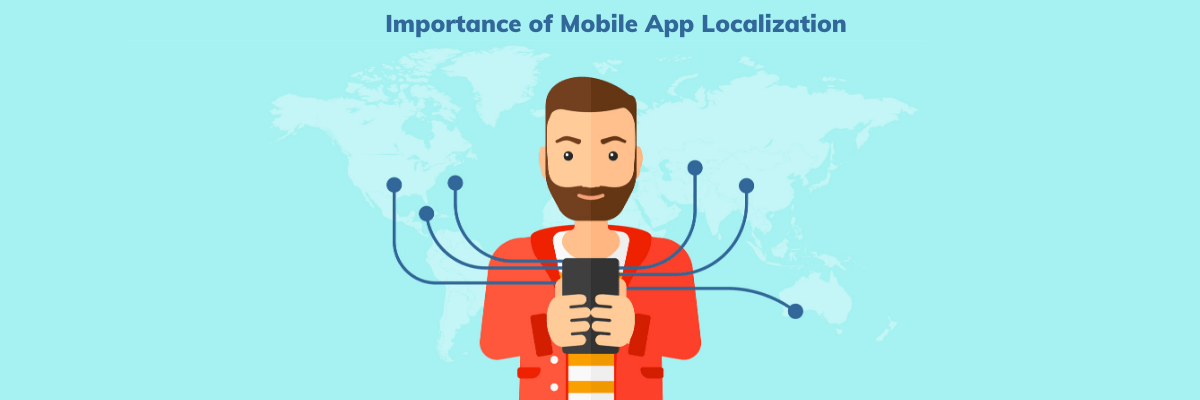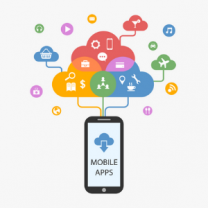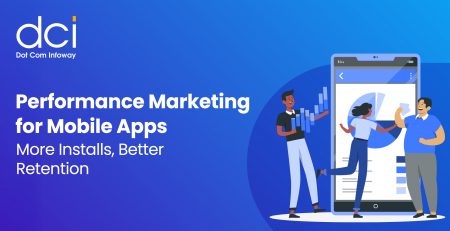Why App Localization Data is the Journey Every Mobile App Marketer Must Eventually Take?
If there is one challenging barrier that anyone engaged in mobile app marketing will eventually encounter, it is language. It is a great hindrance to your app’s continued growth, and ignoring it altogether will inevitably result in your app becoming stagnant. Of course, in a field as shifting and fugacious as the mobile industry, falling into that kind of scenario almost always spells doom for. This underscores the importance of app localization. The Best Mobile App Marketing Agency also would probably says the same.

Why Localization?
It is a given that your app has a default language, and, at most, it is often the only language that it supports after its conception. App developers place more importance on delivering the functionalities of the app, after all. It is only during the mobile app marketing phase that elements, such as the language your app is presented in, become evidently important.
App localization serves as one effective way to address this issue by making your app available in the languages that are spoken by the international audience that you intend to target. The word “localization” has to be emphasized here, though. Because it goes without saying that the language spoken in a given locale can have nuances that will determine how well you will be able to connect with the people in it.
UK English is different from US English, in the same way, that both are different from the English spoken by native Canadians. And, of course, English is just one language. Many solidly performing markets in the mobile industry come from Asian countries like China and India, with performance being gauged by user retention and annual revenues made from users from those countries.
Statistics from a study conducted in 2017 also show that almost half of the top downloads and revenue made in the iOS App Store come from non-English speaking countries. This is surpassed further by Google Play stats, which show the apps with the highest revenues had users that are 80% non-English speakers.
These facts alone vividly illustrate the sheer amount of volume that app marketers are missing out on if they decide to forego app localization data altogether.
What Information Should be Translated?
Since App Store Optimization will always be closely tied to app localization, one of the elements that you should not overlook is your app’s meta data. The app name, keywords, and descriptions, in particular, have to be translated as correctly as possible with regards to the prior research that you have done. The same goes for the language used on the icon and the screenshots that you choose to display in the App Store or Play Store.
App localization data translations should also encompass the entire in-app content and even the videos you use. These are but some of the important aspects that should be part of your app localization checklist. If you are going for deep localization, which essentially means going all the way with your localization efforts by doing local and offline campaigns in your chosen country, then you certainly have to be prepared to go beyond just translating the data found in your app.
Top Languages at Present
When we say “top”, in this case, we are primarily using the popularity and yearly revenue estimates as gauges. That is not to say that you will immediately become successful in them or be promptly privileged to a larger slice of the traffic pie once you choose to localize your app with any of these languages. How you conduct your app localization still plays an integral role in how well your campaign will do.
That said, here are the top languages that you should consider if you mean to acquire a better reach in the international community (with the exception of English, which is currently the second most popular language):
- Chinese
- Japanese
- Korean
- German
- French
- Spanish
- Italian
- Russian
- Portuguese
Revenues and popularity may shift from time to time but do not expect these languages to wane in significance any time soon. Localizing your app to all these languages will certainly make your app accessible to a significantly larger audience with a global scope. That alone makes app localization nothing short of a necessity for mobile app marketing campaigns.

Want to Succeed in the Mobile World?
Our app marketing experts help your mobile app get the attention it deserves. We provide a suite of marketing services to skyrocket your downloads & grow your app’s revenue.
Defining the Target Audience
When determining the right audience to target for app localization, it is imperative to not fall for the popularity trap. As said above, you have to be willing to look past what is seemingly popular and look more at the viability of your app undergoing localization for that specific audience speaking a certain language.
Looking for the right audience to localize your app for is arguably no different from pinpointing the appropriate users to target during the planning stages of your app. Will the Korean audience easily warm up to what your app has to offer? Are you certain that you can deliver them what they need? Are you, in turn, ready to commit to localizing your app for your chosen country’s users? If yes, do you have the right resources and willingness to commit to a deep localization, wherein you will have to be prepared to invest in local and offline campaigns?
You should have solid answers to these questions before even considering to start an app localization endeavor.
The Benefits of Outsourcing App Localization
Once you have decided to conduct app localization, you should certainly not overlook the benefits of outsourcing the entire project. Here they are as follows:
- You will have numerous, experienced professional translators to choose from.
This way, your app’s translation will be guaranteed to be high-quality. This benefit remains exclusive to outsourcing as in-house translation and crowdsourcing translation usually cannot ensure accurate and excellent translations.
- Minimal involvement from your side and faster delivery.
Most experienced Language Service Providers (LSP) work on very tight schedules and have strict schedules that they have to meet. They also take care of virtually the entire process of app localization for you, so you can invest your time elsewhere. Not to mention the fact that most companies also impose strict quality assurance protocols.
Conclusion
At this point, app localization has become an essential step in mobile app marketing. You can only expect its value to increase over time, especially if non-speaking English speakers in the mobile field continue to increase with the passage of time. It is only apt for you to start planning now, as any app owner and marketer will have to scale this mountain in the end – assuming your app’s success is always your number one priority.















